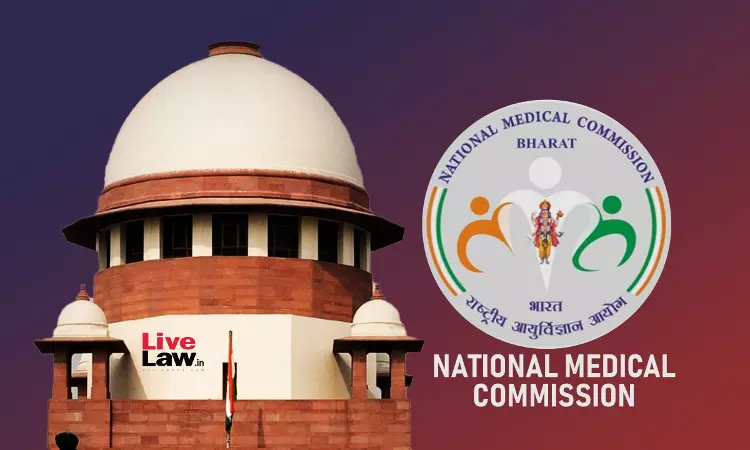Supreme Court Directs NMC To Issue Fresh Guidelines To Admit Persons With Disabilities Into Medical Courses
Anmol Kaur Bawa
5 Nov 2024 10:00 PM IST

Next Story
5 Nov 2024 10:00 PM IST
In a significant stride towards social recognition of the Rights of Persons with Disabilities (PwDs), the Supreme Court recently stressed the need to give opportunities to PwDs in the medical sector and devise qualitative standards for testing disabilities in the procedure for medical course admissions. The bench led by CJI DY Chandrachud comprising Justices JB Pardiwala and Manoj Misra in...
